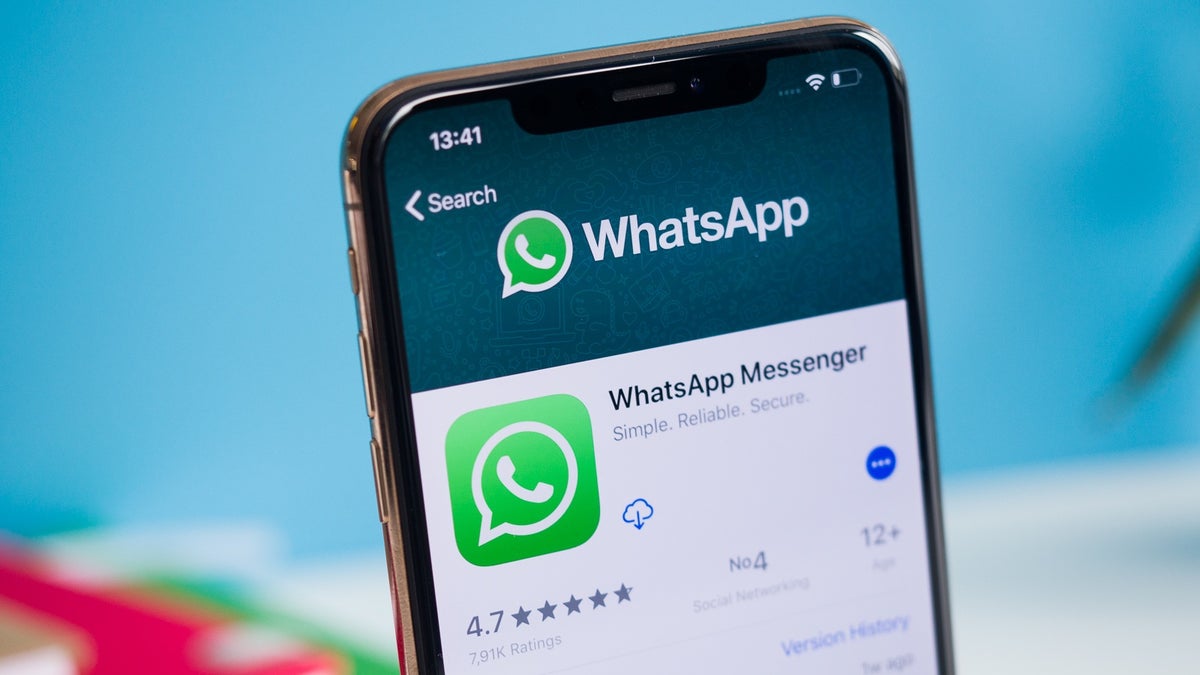In a surprising move, Congress has banned WhatsApp from all U.S. 
House of Representatives devices due to growing concerns over how the app handles user data. As reported by Axios, an email sent to House staff on Monday from the Chief Administrative Officer (CAO) made it clear that the popular messaging app is now prohibited from being used on government-issued phones, computers, or browsers.
The Office of Cybersecurity expressed concerns, labeling WhatsApp as a high-risk platform due to its lack of transparency regarding user data protection, absence of data encryption at rest, and potential security vulnerabilities. House staffers have been instructed to delete WhatsApp from their devices and avoid downloading it in the future.
This ban is just the latest in a series of digital tool restrictions issued by the House in recent years. Previous bans have targeted apps from ByteDance, AI tools like DeepSeek, and even Microsoft’s Copilot. Only the paid version of ChatGPT, known as ChatGPT Plus, is approved for use within the House.
The WhatsApp ban follows Meta’s announcement that it will start testing advertisements in WhatsApp Status, raising further questions about the platform’s commitment to user privacy. While the ban is officially attributed to security concerns, the timing has led some to speculate that the monetization move may have added fuel to the fire.
Meta has pushed back against the decision, with spokesperson Andy Stone emphasizing that WhatsApp messages are end-to-end encrypted by default, a level of security he claims is superior to many apps currently on the CAO’s approved list. Despite this, the CAO listed alternative messaging apps for House use, including Microsoft Teams, Signal, Wickr, iMessage, and FaceTime. Staffers have also been reminded to be vigilant for phishing attempts and suspicious messages.
The decision to block WhatsApp, despite its end-to-end encryption, reflects the ongoing debate over the security of messaging apps, especially as platforms like WhatsApp explore new ways to monetize their services while potentially compromising user privacy. It’s worth noting that Signal, which has had its own share of security concerns, remains on the approved list, prompting some to question the overall approach to secure communication in Congress.
5 comments
House using Microsoft Teams? Just screams ‘big corporate vibes’ 😂
Isn’t WhatsApp encrypted tho? Seems like a weird move to ban it 😬
Lol, this is getting ridiculous 😂 What’s next, banning iMessage too? 🤔
This whole WhatsApp ban is just political drama. Nothing new
This is crazy. First they ban TikTok, now WhatsApp. What’s next, Facebook Messenger?